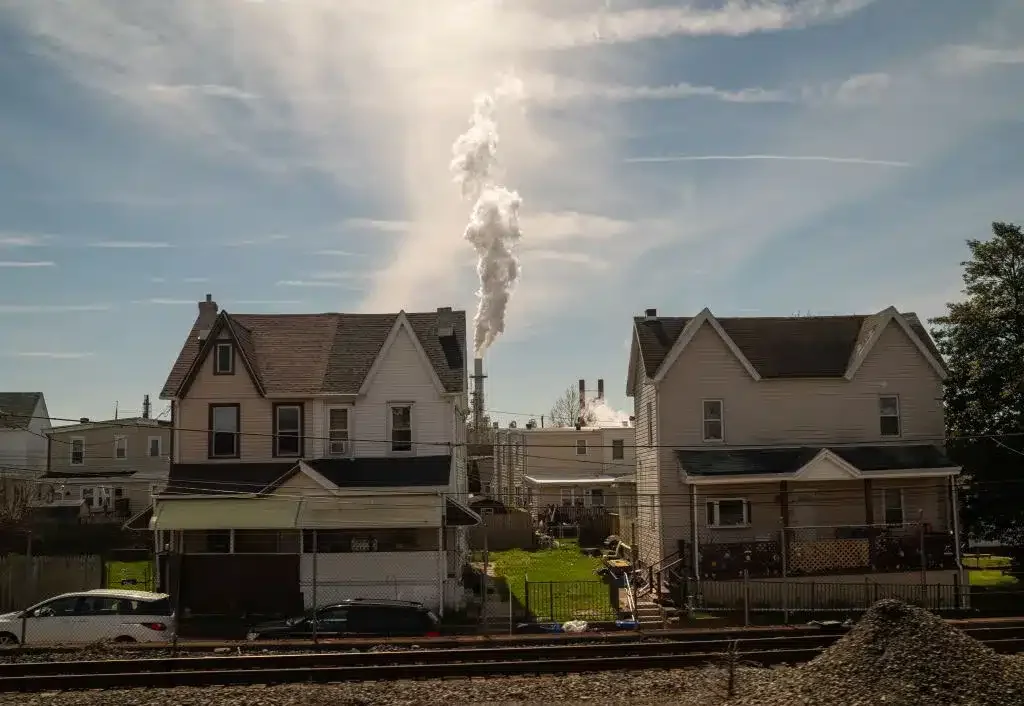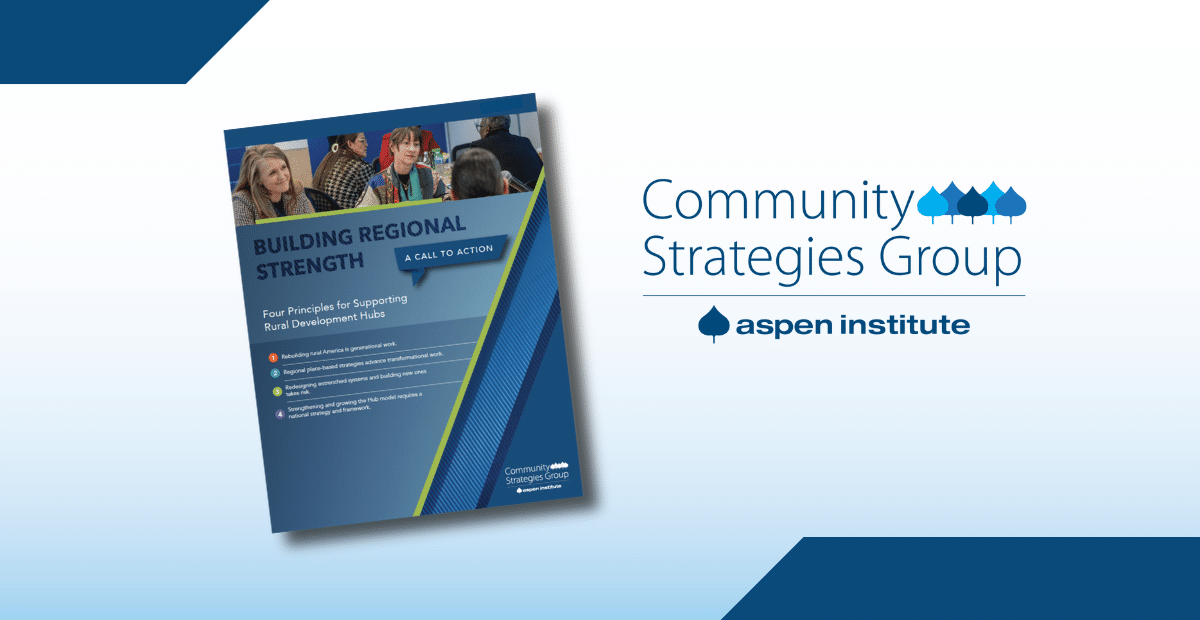RMI’s Ensuring an Inclusive Clean Energy Transition report emphasizes that while the U.S. shift from coal to clean energy is well underway, workers and communities tied to the coal economy face disproportionate risks if not adequately supported. The report outlines a three-part recovery and revitalization framework: Relief, to stabilize workers and local governments immediately after coal closures by replacing lost jobs, benefits, and tax revenue; Reclamation, to clean up coal sites and create short- to medium-term jobs while reducing pollution risks; and Reinvestment, to foster long-term economic resilience and diversification. Drawing from stakeholder interviews and state policy reviews, RMI highlights that seven states have already taken legislative action to support coal communities, and major federal policies like the Inflation Reduction Act and Bipartisan Infrastructure Law provide unprecedented resources for this transition. The report underscores that climate policy must integrate social and economic solutions, ensuring coal-dependent communities are not left behind but instead are positioned for equitable participation in the clean energy future.
ENSURING AN EQUITABLE JUST TRANSITION













